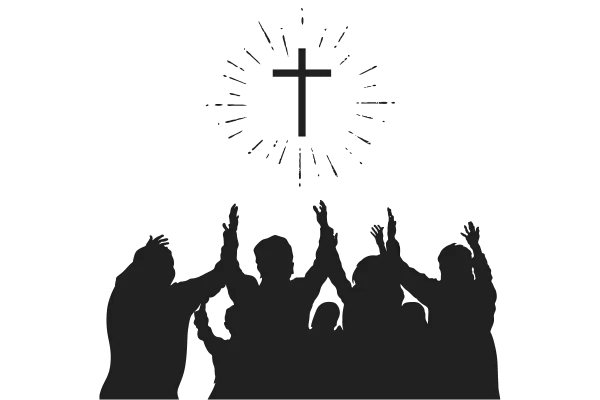Latest Blogs, Updates and Thoughts
Check out my latest messages, Redemption Church plant updates, studies and articles


Theodicy Unveiled: The Skeptic's Proposed Trump Card
Theodicy Unveiled: The Skeptic's Proposed Trump Card
Navigating the Paradoxical Interplay between Divine Benevolence and the Enigma of Evil
In Christian theology, God is defined as the ontological foundation of all existence, possessing omniscience, omnipotence, and perfect benevolence. This understanding posits that God is the embodiment of absolute goodness, the standard by which all moral judgments are evaluated. An apparent quandary arises when confronted with the existence of evil within the world, prompting the question: If God is inherently good and possesses the capacity to eradicate evil, why does He permit its occurrence?
To navigate this intricacy, we turn to the biblical narrative, specifically the account in Genesis, which elucidates the creation of humanity in the imago Dei—God's image—and the conferral of free will upon them. This inherent freedom endows humans with the capacity to make genuine choices between good and evil, enabling authentic love, moral responsibility, and personal growth.
However, the exercise of free will also encompasses the potential for humans to choose evil, resulting in actions that deviate from God's intentions. The entrance of sin into the world, originating from Adam and Eve's transgression, led to a state of brokenness and the pervasiveness of evil within the fabric of creation. Consequently, evil permeates human actions and affects the natural order, presenting a profound challenge to the notion of God's goodness.
It is vital to discern that God's allowance of evil should not be misconstrued as His endorsement or desire for it. Instead, His permissive will manifests as a necessary consequence of the free will bestowed upon humanity. The divine intent behind this permission encompasses the potential for authentic relationships, moral development, and the pursuit of virtue.
Moreover, comprehending God's nature necessitates acknowledging His infinite wisdom, which surpasses human capacity for understanding. While we may perceive certain events as intrinsically evil or unjust, our finite perspective inhibits a comprehensive grasp of God's overarching plan. Isaiah 55:8-9 illuminates this profound disparity: "For my thoughts are not your thoughts, neither are your ways my ways... As the heavens are higher than the earth, so are my ways higher than your ways and my thoughts than your thoughts." Recognizing the limitations of our understanding urges us to adopt a humble posture in the face of divine wisdom.
Christianity posits that God is actively engaged in redeeming the world from the grip of evil. The zenith of God's response to evil can be discerned in the person of Jesus Christ. Through His sacrificial death and subsequent resurrection, Christ triumphs over evil, offering humanity the prospect of forgiveness, restoration, and eternal life. This definitive act underscores God's ultimate plan, which entails the defeat of evil and the restoration of creation to its pristine state of perfection.
When confronted with the contention that "God is evil because he allows for evil to happen," we encounter an intricate web of theological and philosophical inquiries. By delving into the scriptures, we unravel the multifaceted nature of evil, free will, and the attributes of God. This exploration, grounded in a biblical perspective and Christian worldview, acknowledges the presence of evil as a consequence of human choice, while simultaneously accentuating God's sovereignty, wisdom, and redemptive purposes. It beckons us to embrace a stance of trust in the goodness of God, even amid the enigmatic and perplexing facets of the problem of evil.
JOIN THE NEWS LIST!
Copyright © 2024 by William Hamilton
will@thrivetampa.com
(785) 217-5067
